Electronic Waste: a growing problem in our planet.
Electronic waste is not a term that people usually have in their minds. When we think of pollution, contamination or global warming we normally associated with garbage, plastic bottles, cars, industries, animal waste, among many other things, but what about electronic waste?
Over the years, technology has become more and more integrated into every aspect of our lives. We all want the newest smartphone in the market, and kids the new PlayStation or Xbox, leaving behind toys, to spend their free time. We are all addicted to electronic devices!
But, what happens with all of these devices when they become obsolete? Some of them are usually sold, but the rest of them go on to swell a huge statistic known as “undocumented technological garbage”. According to a report of United Nations Organization (UNO), in 2018 the world generated 48,5 million tons of electronic waste. Only 20% of these were recycled, and if everything stays the same, UNO estimates that there could be up to 120 million tons by 2050; we definitely need to do something.
“Electronic waste is the fastest growing type of waste in the world which poses social and environmental risks”, stated Peter Bakker, President and Executive Director of the World Business Council for Sustainable Development (WBCSD). Nearly half of this waste is made up of personal devices such as: screens, computers, smartphones, tablets and televisions; the rest is made up of larger home appliances, besides heating and air conditioning equipment. Nowadays, the problem is that only 1 of 10 of these devices is recycled in its entirety, the rest of them are found in garbage dumps, wastelands, clandestine burning, warehouses and homes. On the other hand, 80% of the electronics collected for recycling end up in developing countries where there are no regulations that protect the environment, workers or communities.
Finally, the important question is: what should we do about it? There are a lot of actions to properly dispose of electronic waste. Companies need to be committed to the community and to caring for the environment through environmental compliance and the correct disposal of their waste. It’s important to separate electronic waste from inorganic or organic waste, seek for advice and solutions in waste management with authorized companies, establish a defined program for waste management and ensure a responsible disposition; promote a recycling culture in your company.
Remember, the best inheritance we can leave to or children is love, knowledge and a planet where they can live.
Photo by HalGatewood.com on Unsplash.

